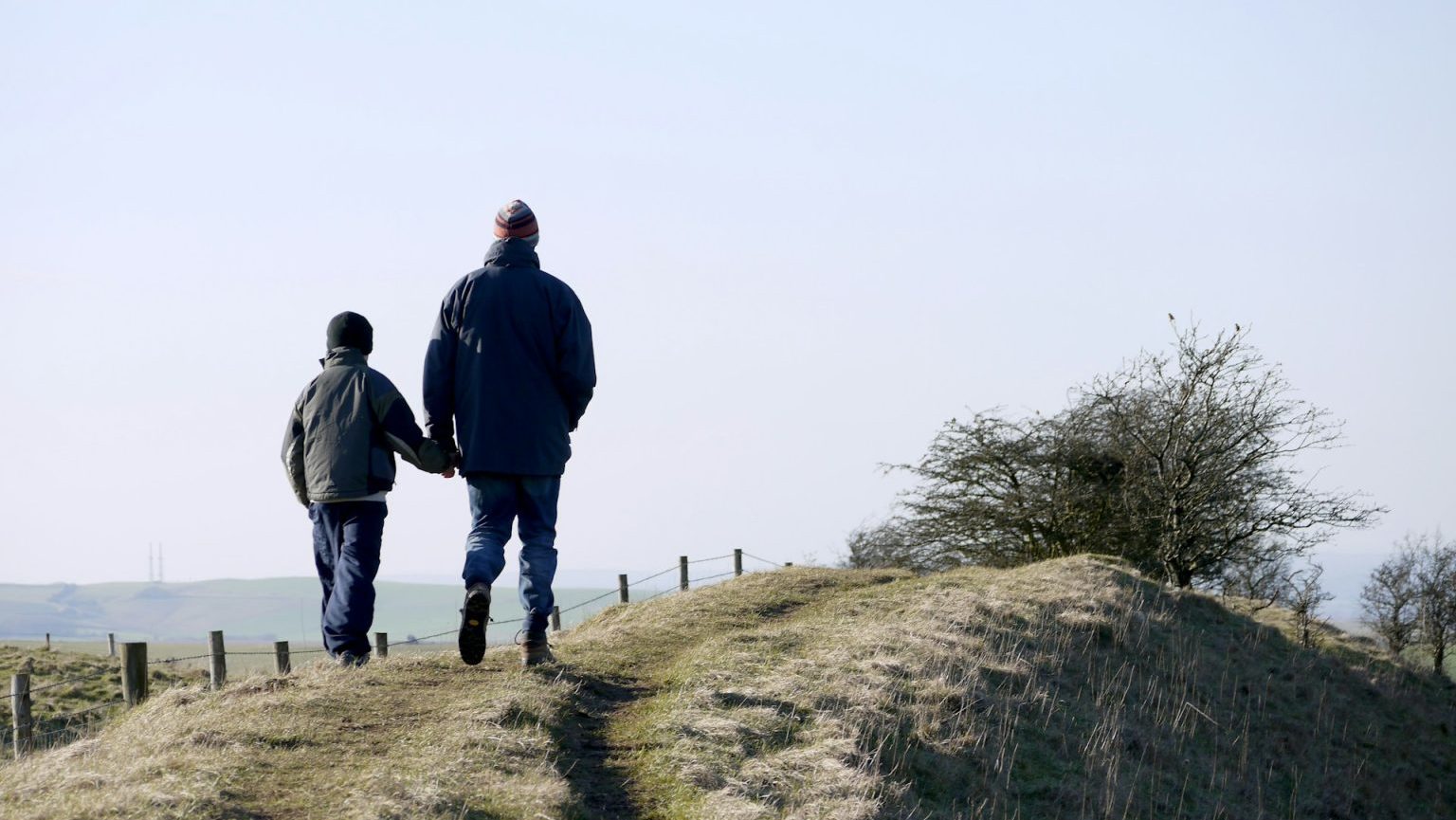Higher Education Needs To Rethink Screening Applicants For Criminal Records

Last week, for almost forty five minutes, a genuine feeling of optimism overwhelmed me as I chatted with Marsha Weissman, the executive director of the Center for Community Alternatives, although you wouldn’t have known it by the tenor of the conversation we were having about the latest fad in the college admissions arena – screening applicants for criminal records.
In the wake of the recent spate of shooting deaths of students by students on college campuses across the nation, it was inevitable that college administrators were going to have to do something to show they were taking action against the growing problem of college students who decide all of a sudden to use deadly force against their fellow students. But the route many of them have chosen to take involves a change in the application process that takes into account a student’s criminal record prior to rendering an admissions decision, a resolution that ignores a hard truth-most of the students who have gone on killing sprees at our nation’s colleges in the last ten years have had no criminal record of any kind. Maybe colleges concerned about students with the potential to cause great harm to other students should be screening for mental illness instead.
“College admissions staffs are really unaware of the racial disparities in the criminal justice system,” Ms. Weissman said. But I found it difficult to believe that collegiate admissions officers, tasked with turning homogenous applicant pools into freshman classes that exhibit a certain degree of geographical, socioeconomic and racial diversity, would have blinders on when it came to understanding how our unequal justice system frequently maligned minority youth. “Admissions staff…” Weissman proffered, “are unaware that criminal histories often have very inaccurate information in them.”
Two college applicants from different states, convicted of the very same offense at age 15 could end up with entirely different criminal history records. One could be saddled with an adult felony conviction and the other could end up with no adult criminal record at all. How could an admissions officer possibly fairly compare the two applicants to determine which, if either, posed a future threat to campus safety?
The Use Of Criminal History Records In College Admissions
In my mind, the greatest impact these admissions policies are likely to have is at the community college level , the very place where someone who has faced tough circumstances during their youth is likely to turn for higher education. But despite the modern realities the center for Community Alternatives research had illuminated about the state of affairs on our college campuses these days, I was still pretty optimistic—the report Ms. Weissman had co-authored not only called for an end to the practice of screening candidates based on criminal history records, but laid out very specific ways in which those institutions who insisted on continuing this method could utilize the information more responsibly.
Listening to Ms. Weissman, I was struck for a second by a guilty pang as she went on about the pervasive racial inequality within the criminal justice system, especially for juveniles, a sudden attack of conscience that threatened to dowse my hopeful mood. Like so many middle class African Americans these days, I have succumbed subconsciously to America’s obsession with morality, one that desires desperately to pigeonhole people into either a “good” or “evil” category, as if individuals do not grow, evolve and change. As if I am unaware that this same obsession with morality is at the heart of racial antagonism on which much of America’s history and modern culture rests.
So I asked her what her suggestion would be to African Americans concerned about the screening of college applicants for criminal records. “Issues of criminal justice,” Ms. Weissman said, “should be fully embraced by African Americans with the wherewithal to push for policy change.”
Even this eye opening tidbit I came across while scrolling back through the CCA report after the interview-more than 100 million Americans now have criminal histories-didn’t put much of a dent in my upbeat demeanor. It wasn’t until a few minutes later, when I started looking around for some ancillary information to put together this piece that I almost stopped breathing.
Of the 2.3 million people in American jails, 806,000 are black males. African-Americans–males and females–make up .6 percent of the entire world’s population, but African-American males–alone–make up 8 percent of the entire world’s prison population.
“Hoodlum” by TaNehisi Coates The Atlantic
8 percent of the entire world’s population? How the hell was this even possible? How can we as Americans support a system that continues to manufacture exceptions for some and take exceptional measures against others? How can we continue to turn a blind eye when the privileged bend the laws, or simply pretend they don’t exist?
It was right about here that my genuine feeling of optimism totally evaporated.
I don’t know what it is I have to do about our prison system and this tragedy of epic proportions, but I have to do something. Advocating today that our institutions of higher learning take down this additional barrier they are erecting to keep out our most motivated youth, the ones who are obviously trying to turn their lives around by getting a college education, has got be a start in the right direction.




